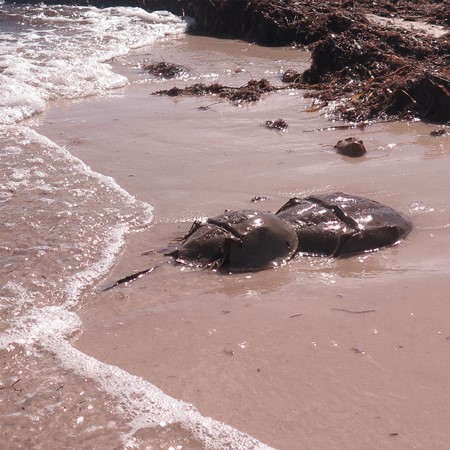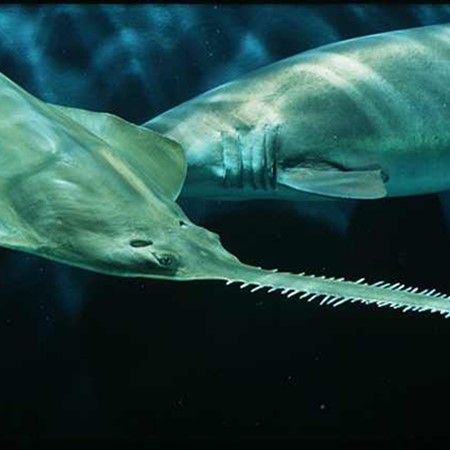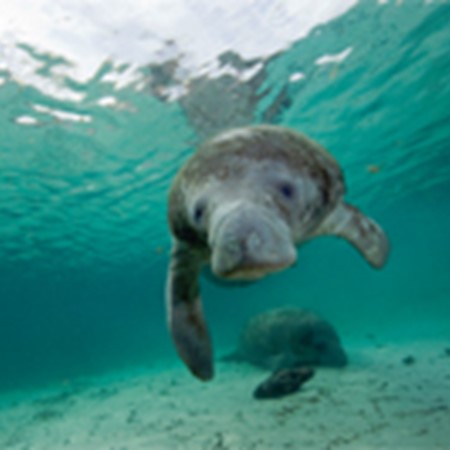
When: Spring (March-May). Your job is to find mating horseshoe crabs, note how many you see, and, if possible, count how many are adults and how many are juveniles (4 inches wide or smaller). Then, add the time, locations, habitat type, and environmental conditions - such as tides and moon phase - when a sighting occurs, and you've got it! you're a citizen scientist! Why do we care about horseshoe crab mating?


